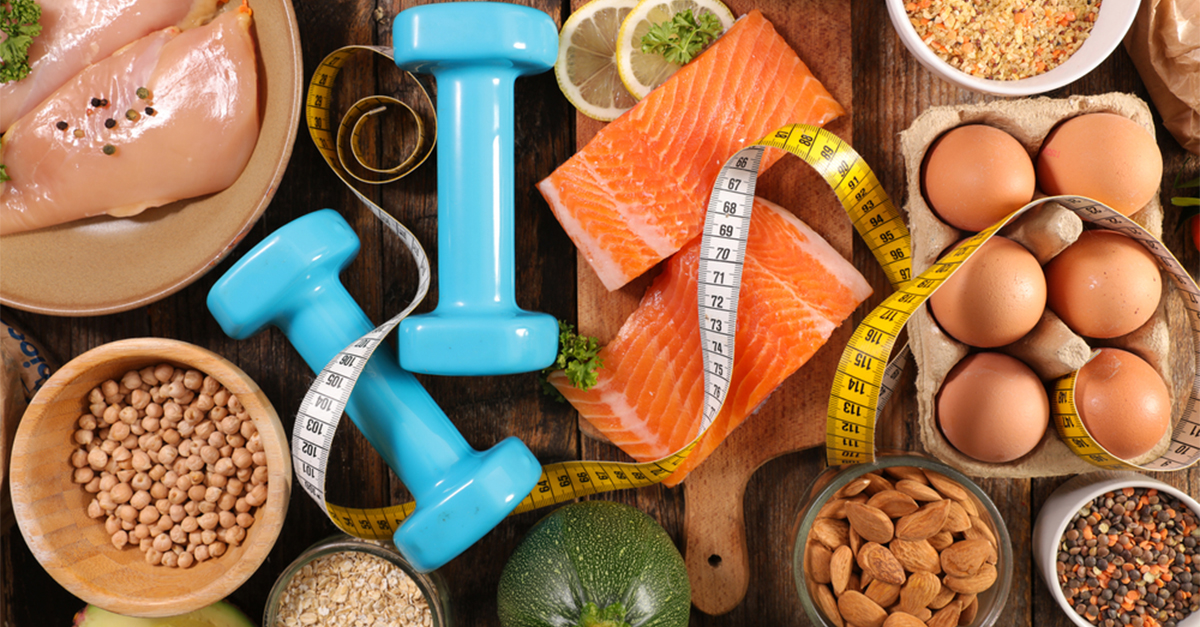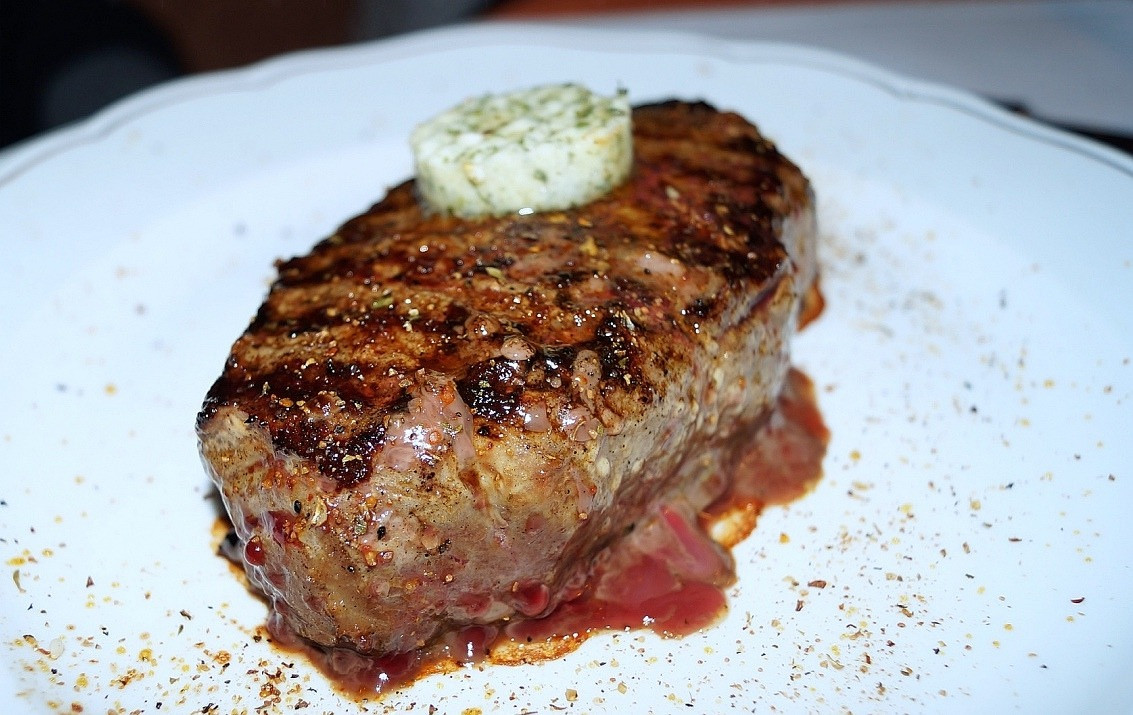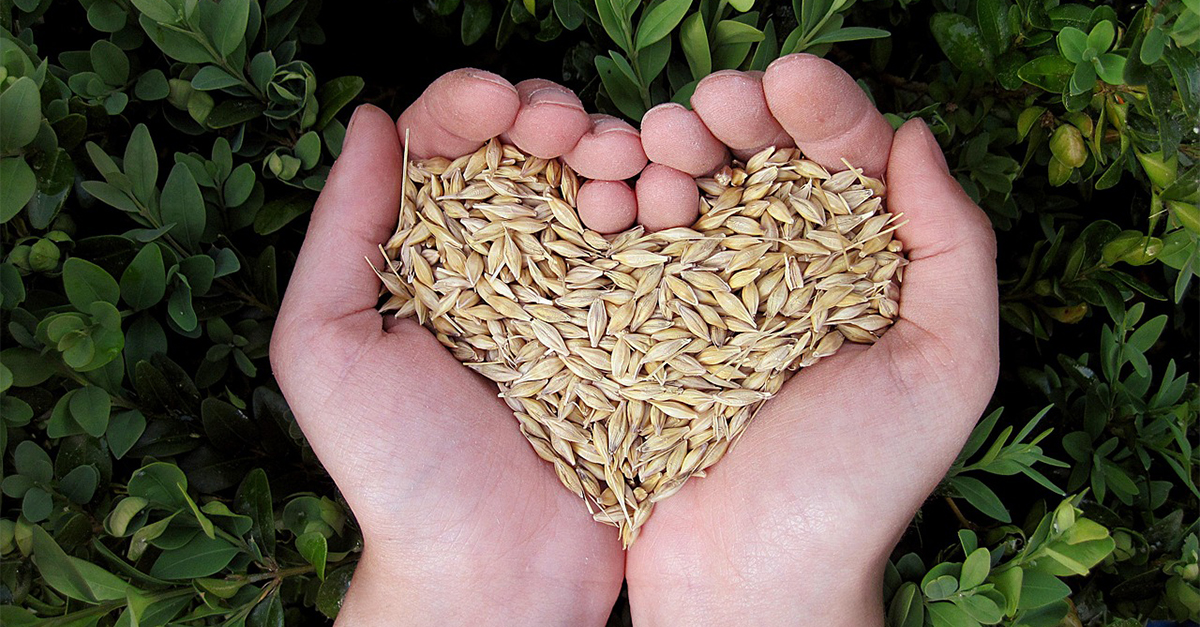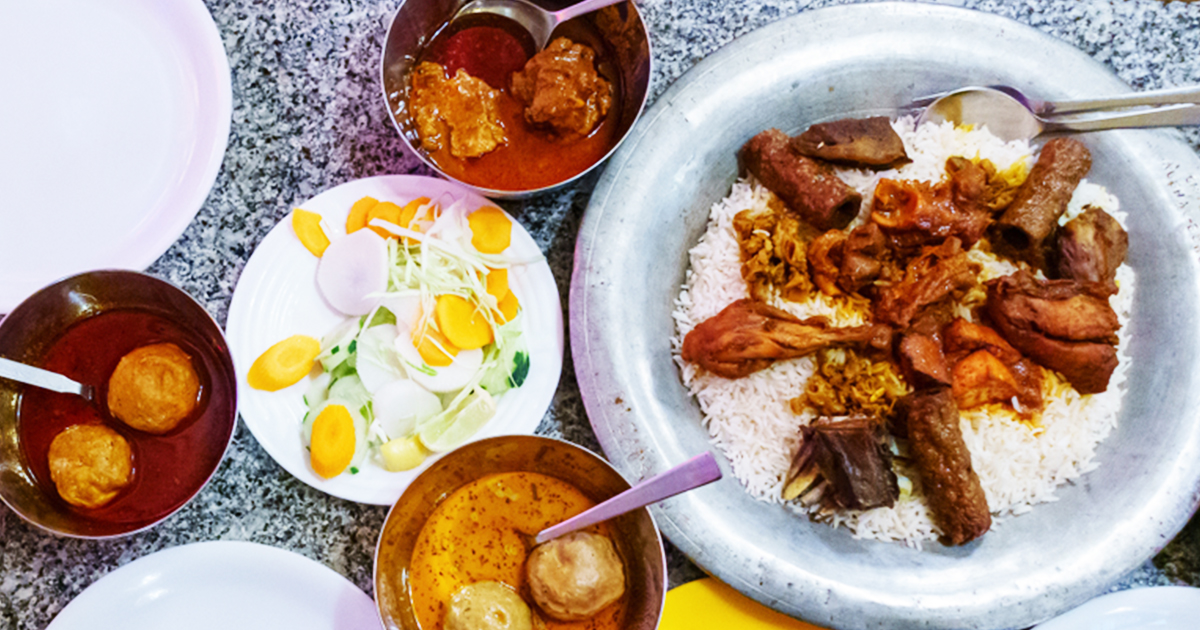Protein is one of the most important nutrients for your body, but many people still fall far short of getting the protein they need. Whether you’re trying to build muscle, keep your weight down, or just maintain good health, your protein intake plays a huge role. Knowing how much you need, and how to work it into your meals will make a massive difference in meeting your fitness and health goals.
Protein’s Role In The Body
Protein is vital for tissue repair, hormone production, immune system function, and preserving your lean muscle mass. Every cell in your body has protein, which means it’s essential for growth and recovery. Without enough protein, you’re going to have fatigue, muscle loss, thinning hair, and a weakened immune system. Protein isn’t just for athletes. Everyone, no matter who they are, needs to keep their protein levels up.
One Gram Per Pound Of Body Weight
A lot of nutritionists and personal trainers recommend consuming one gram of protein per pound of body weight per day, especially those who are physically active. So if you weigh 150 pounds, that’s 150 grams of protein daily. This may sound like a ridiculous amount, especially for women and older adults, but it's a reasonable target for supporting metabolism, feeling full after eating, and general muscle maintenance.
Why Does Protein Mean So Much To Our Health?
Protein isn’t just about building massive muscles. A higher-protein diet reduces cravings, keeps your blood sugar under control, supports weight loss, and even improves bone density. Protein makes you feel fuller longer. This prevents overeating and the mindless snacking that is so bad for you. Some studies also link high-protein diets to lower blood pressure and better cardiovascular health if it’s part of a balanced lifestyle.
Hitting Your Protein Goals The Smart Way
Spreading out your protein consumption through the day is key. Start your morning with eggs, Greek yogurt, or a protein smoothie. For lunch and dinner, eat lean meats like chicken or turkey, or go for plant-based options like tofu, tempeh, or legumes if you choose. Snacks like cottage cheese, roasted chickpeas, jerky, and protein bars will help you reach your target without having to chow down on extra carbs or fats.
Animal Vs. Plant-Based Protein
Animal proteins are complete proteins. This means they carry all nine essential amino acids. These include meat, poultry, fish, dairy, and eggs. Plant-based sources, like beans, lentils, nuts, and whole grains, can also be excellent, but they often need to be combined to form complete proteins. Quinoa, soy, and buckwheat are exceptions to this and are complete on their own.
High-Protein Foods: You’re Going To Love It!
Outstanding options include grilled salmon (22g per 3 oz), chicken breast (26g per 3 oz), eggs (6g each), black beans (15g per cup), and cottage cheese (28g per cup). Protein powders, especially whey or pea protein, are handy supplements when your meals fall short of the mark. Always make sure the powders you’re drinking are low in added sugars and artificial ingredients.
Mistakes To Avoid
Many people either consume too little protein or try to cram it all into one huge meal. Your body can only extract so much protein at once, so try to space everything out across breakfast, lunch, dinner, and snacks. Don’t try to rely too much on processed protein snacks, as these are often loaded with excess sodium, sugar, or additives. Whole foods should always be at the top of your list.
When To Fine-Tune Your Protein Intake
People’s protein needs can change based on their age, activity level, illness, or pregnancy. Older adults often need more to stave off muscle loss. Athletes or people who lift may benefit from increased protein, while sedentary individuals might not need quite so much. Talk to a dietitian about it if you’re at all unsure about how much protein is best for you.
You May Also Like:
The Secret To Making The Perfect Steak











